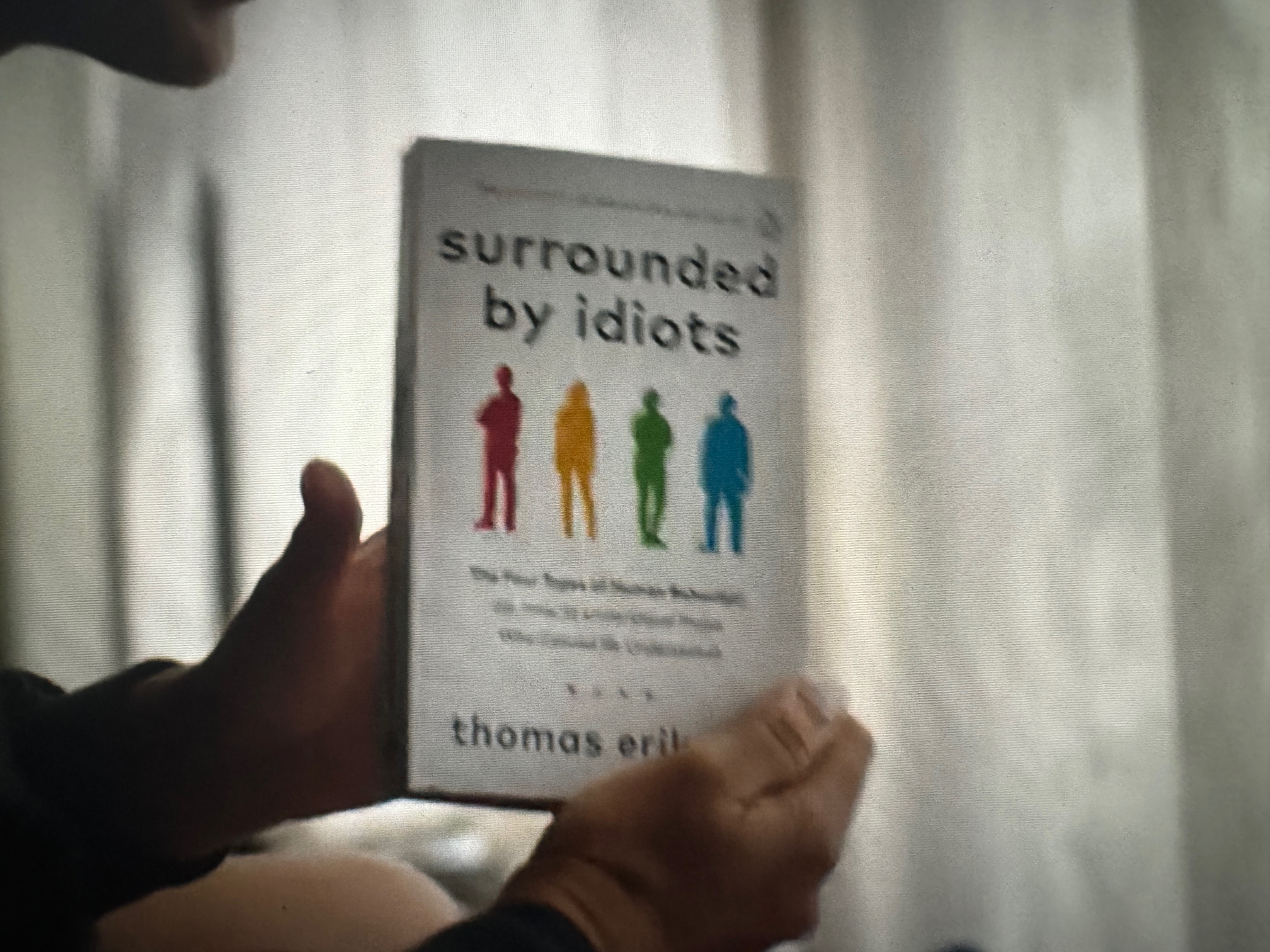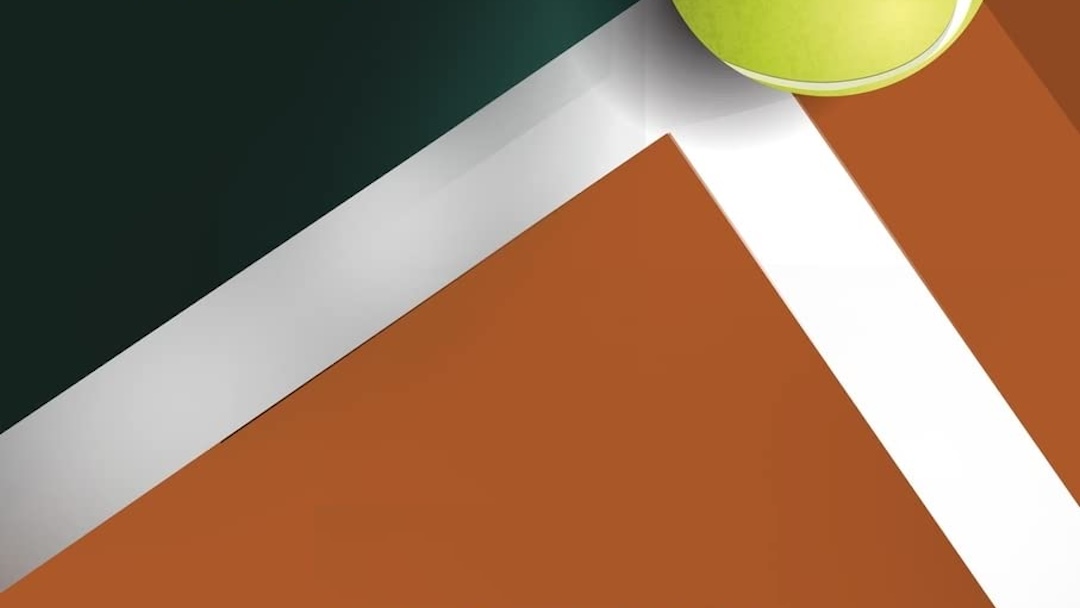Greg Moran is a tennis coach with over 50 years of experience playing and teaching the sport. Earlier this year, he released a book that shares his accumulated wisdom about the game. The Truth About Tennis: The Definitive Guide for the Recreational Player delivers sound advice and ideas for people who are committed to improving their competitive level of play.
While this book was published via the “vanity press” route, in this case, it doesn’t detract from the quality of the content. Moran was able to gather quite a few credible endorsements. That includes the renowned tennis psychologist Allen Fox, John Lloyd, and Chris Evert. Additionally, veteran tennis coach Rick Macci wrote the forward. That instantly lends this book a lot of credibility for a self-published effort.
The Truth About Tennis is like a very good private tennis lesson minus advice on the mechanics of stroke technique. In fact, a player intent on starting a self-improvement journey could easily use this book as a resource to map out and execute working toward competitive mastery. In fact, one of the chapters focuses very specifically on how to create a tennis improvement plan. Moran’s ideas resonate with my own engineering-oriented approach to the game.
This book targets players who naturally gravitate to a coach for critical observations and challenges to optimize performance. To use Moran’s own words, The Truth About Tennis isn’t a “country club” lesson filled with empty, rosy platitudes. As a personal example, the chapter on the psychological aspects of momentum shifts was painfully relevant to me after I suffered a tough loss earlier in the day before reading that chapter. It wasn’t what I wanted to hear but rather what I needed to be told.
While much of what this book offers is traditional tennis coach fare, Moran also shares genuinely unique ways to structure a mental framework for the sport. His explanation of using “Triple Vision” to hit the ball while simultaneously being aware of court positioning and what is going on on the other side of the net stands is a useful contrast to the standard oversimplification advising players to focus only on the ball.
With a lifetime of involvement in the USPTA, Moran has deep experience training other people to be coaches. That perspective shines through in The Truth About Tennis to the point that I would also highly recommend this book to anyone working on the instructional side of the tennis delivery system. Internalizing the concepts in this book can improve performance for those standing next to the ball hopper.
Planning and intentionality are recurring themes in this book. In addition to solid recommendations for developing a personal tennis improvement plan, Moran outlines how to construct an effective pre-match warm-up and plan training sessions. He also recommends a tennis backboard training session that is very similar to the one I use.
As a personal footnote, Moran’s book is the second place in print I have encountered advice to change the angle of the body when serving into the sun. I came to use that technique through a journey of self-discovery. Subsequently, I ran across the recommendation in one of Harry Hopman’s books. It is an example of the book’s subtle, detail-oriented practical advice that can benefit all players.

The Truth About Tennis: The Definitive Guide for the Recreational Player (<- Sponsored Link)
The wealth of knowledge shared by Moran in The Truth About Tennis: The Definitive Guide for the Recreational Player makes this an indispensable resource for players and tennis coaches alike. The emphasis on planning and intentionality empowers readers to elevate their craft. I wholeheartedly recommend it to anyone seeking to embark on a transformative journey towards tennis improvement.
Fiend At Court participates in the Amazon associates program and receives a paid commission on any purchases made via the links in this article. Details on the disposition of proceeds are available on the “About Fiend at Court” page.



Theresa,
I’ve noticed recently that when I click on the links of the recommendations you give, it opens Amazon in the browser instead of the app. I then have to either sign in or open my Amazon app and search for the product. If I don’t sign in on the browser side, then you won’t get compensated for recommending the said item, correct?
Probably not. Thanks for letting me know. Amazon changed its API at the first of the year, removing the previous method I used for affiliate links. I will see if I can find a better way to do it.